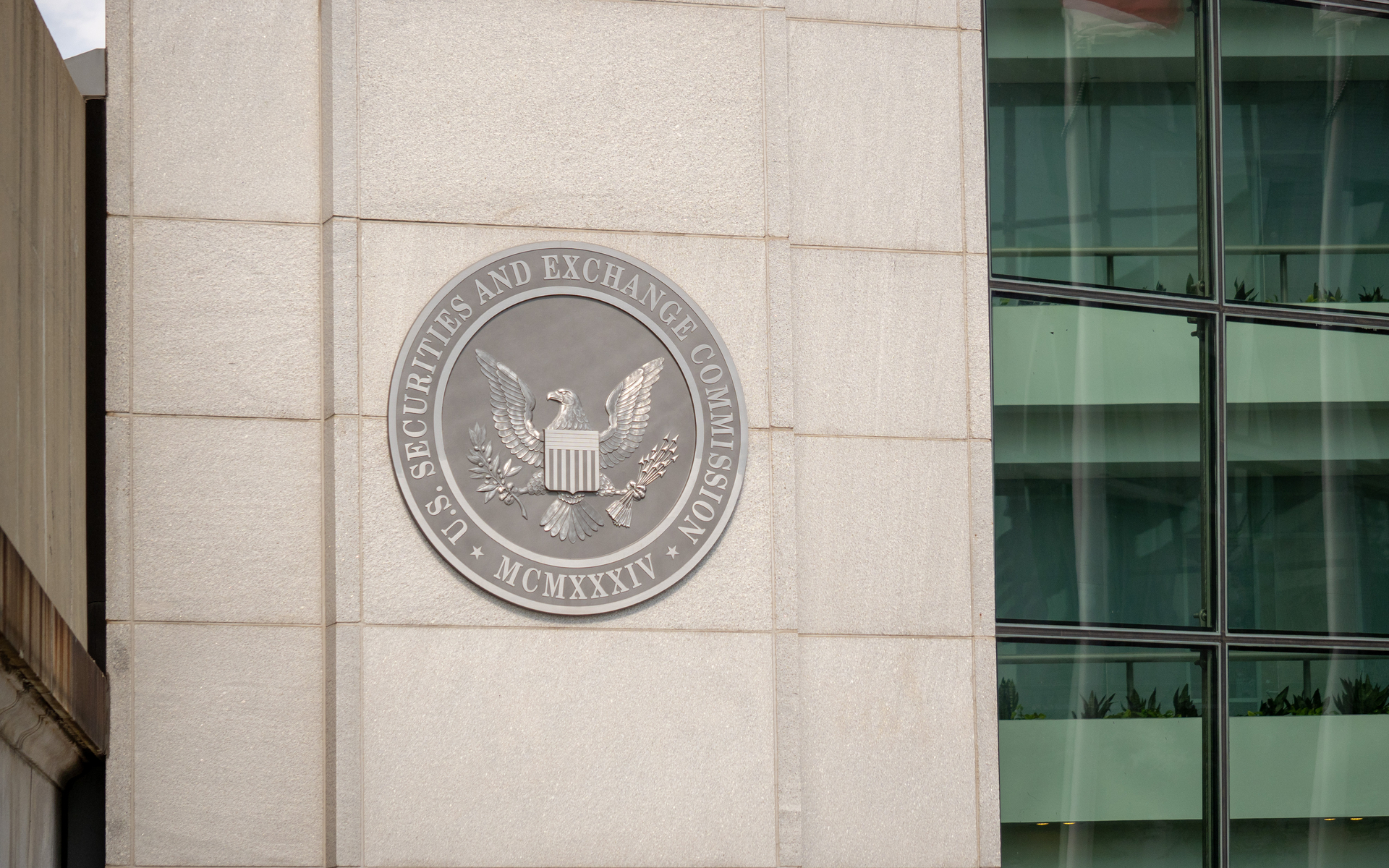According to recent documents, the United States Securities and Exchange Commission (SEC) believes that the case against the serial Ponzi scammer, Renwick Haddow, has yet to be properly solved.
The United States SEC does not appear to be satisfied with the New York Southern District Court judge’s decision regarding the case against Renwick Haddow. Judge Lorna G. Schofield ordered the closure of the case, which the SEC initially brought against the widely renowned scammer.
According to the latest report however, the regulator is now seeking to re-open the case, claiming that there are still several matters to be solved, particularly when it comes to monetary penalties that the United States SEC wishes to see imposed on the Ponzi fraudster.

Haddow’s Shady Schemes
Haddow is known for a number of high profile schemes, but his US-based hot-desking business known as Bar Works is likely the best-known one. The scheme essentially sold fake investments in unused restaurants and bars across several American cities, including NYC and San Francisco. However, he also had a temporary office in Istanbul.
He scammed over 100 UAE investors, who claimed to have lost millions of dirhams in this particular scheme.
His other big scams involved fronting a corporate network known as the ‘Capital Organization,’ which consisted of 30 shell companies responsible for conning investors out of a total of $180 million, according to a 2015 World Policy report . And also his so-called Bitcoin Store Inc and 7th Avenue companies, which he used to steal $37 million from unsuspecting investors between 2015-17.
The SEC wants monetary relief
The SEC initially brought the case against Haddow due to several of his fraudulent operations. Following the court’s decision that the case should be closed, the SEC sent letters and requests to Judge Lorna G. Schofield, requesting that the court re-opens the case. The SEC complaint is that the court has yet to resolve the issue of monetary penalties.
The regulator also anticipates that two scenarios might be possible once Haddow is sentenced. The first one will see the parties reach a monetary relief settlement, while the other will lead the regulator to make a motion to seek monetary relief on its own.
For now, Haddow remains permanently restrained, as per the consent judgment. He is also forbidden to use any national securities exchange, as well as any instrumentality of interstate commerce. Simply put, the judgment will see him completely cut off from security trades.
This decision was brought to stop him from conducting another scheme, mislead others, or engage in any practice of business that might result in a new fraud.
Earlier this year, in May, Haddow (who also goes by the alias Jonathan Black) admitted that he was involved in schemes regarding Bar Works and Bitcoin Store Inc. However, Haddow was originally charged two years prior, in June 2017.
He was also extradited from Morocco almost a year later, in April 2018. At the time, he was also charged with wire fraud, as well as conspiracy to commit wire fraud, to which he pleaded guilty.
What do you think about the Haddow case? Leave your thoughts on the matter in the comments below.
Images via Shutterstock









